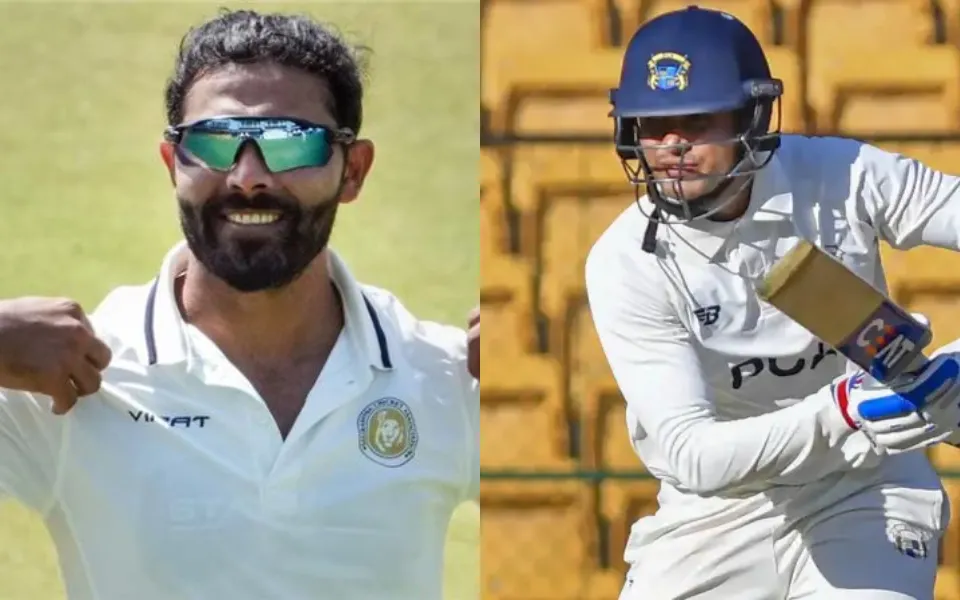The former commissioner of police in Delhi, Neeraj Kumar, expressed regret over the lack of commitment from those involved in enacting legislation to combat corruption in Indian sports. He pointed out that this was one of the reasons Sreesanth escaped punishment during the 2013 Indian Premier League season (IPL), despite there being ample proof of spot-fixing against him.
The Delhi Police’s special cell, led by renowned IPS officer Kumar, had detained Sreesanth and Rajasthan Royals cricketers Ajit Chandila and Ankit Chavan on spot-fixing accusations during a midnight operation. Kumar had worked for nearly forty years as an IPS officer. The Board of Control for Cricket in India (BCCI) was requested to reevaluate the life ban imposed on the former India bowler in 2019, even though the Supreme Court had stated that there was evidence against him. Ultimately, a seven-year ban that ended in September 2020 was adopted as the punishment.
Also read: In a humorous turn of events, Rohit Sharma tells why he can’t disobey his wife Ritika Sajdeh: “She is the captain there.”
“It appears that the case was never resolved. Regrettably, corruption in sports, including cricket, is unregulated in India. There are certain laws, even in Zimbabwe. Australia and New Zealand have it; in Europe, there is legislation since corruption exists in football, tennis, golf, and cricket as well, according to a remark from Kumar that appeared in India Today.
I went to a cricket match anticipating fair play, but who will appear in court and claim that? Neeraj Kumar
Interestingly, the 70-year-old, who was a member of the CBI’s investigation team during the Hansie Cronje match-fixing affair in 2000, brought up a few murky points that helped to clear the cricketers who were found guilty of spot-fixing.
For example, a lot of the things we perform are not able to withstand court examination. If we claim that individuals were duped during match-fixing, the court will then order you to present the duped person in person. Who’s going to walk onto the court and say, “I went to a cricket match expecting everyone to play to their potential and fair play?” Thus, Kumar clarified, “it becomes very difficult to prove a case in the absence of a victim.”
Since 2013, legislation in India has been drafted to stop this kind of misconduct. Remarkably, the Prevention of Sporting Fraud Bill (2013), introduced in the Lok Sabha in 2018, stipulated that anybody found guilty of sporting fraud, including fixing, would face a fine of Rs 10 lakh and five years in prison. Drafted by Justice (retd) Mukul Mudgal, the measure was regarded as a significant step in the fight against match-fixing. The “Public Gambling Act of 1867,” which allowed for a mere Rs 200 fine or three months in jail for anyone who indulged in gambling, was to be replaced by this legislation.
Sreesanth played cricket again and went on to represent Kerala in the domestic league before ending his career. In addition to becoming an expert on several broadcast forums, he is still competing in Legends Leagues across the globe.






